Feature
The Japaneseness Within The Remains Of The Day
“…long before I’d ever thought to create fictional worlds in prose, I was busily constructing in my mind a richly detailed place called ‘Japan’ – a place to which I in some way belonged, and from which I drew a certain sense of my identity and my confidence. The fact that I’d never physically returned to Japan during that time only served to make my own vision of the country more vivid and personal.
Hence the need for preservation. For by the time I reached my mid-twenties – though I never clearly articulated this at the time – I was coming to realise certain key things. I was starting to accept that ‘my’ Japan perhaps didn’t much correspond to any place I could go to on a plane; that the way of life of which my parents talked, that I remembered from my early childhood, had largely vanished during the 1960s and 1970s; that in any case, the Japan that existed in my head might always have been an emotional construct put together by a child out of memory, imagination and speculation”.
– My Twentieth Century Evening – And Other Small Breakthroughs, Kazuo Ishiguro’s Nobel Lecture
Kazuo Ishiguro devoted a large part of his Nobel lecture to the question of his identity as a Japanese-born Englishman. In a post-war Britain that had bitterly fought the Japanese only some years ago, growing up, he wasn’t quite sure whether he was an immigrant – his family would consistently speak of going back to their homeland ‘next year’ for over a decade of his childhood, ostensibly highlighting the then-impressionable author’s intimate past and future connections to a Japan he did not remember.
Having set his first two novels in Japan (although it was a country he hadn’t visited since he was five) and raised in a household that was a strict preserver of its Japanese heritage, there’s no doubt that the question of ‘Japaneseness’ and the dual cultural experience (he is, after all, indubitably a Westerner – a Bob Dylan fan who credits Forster and Proust with his artistic breakthroughs) has coloured Ishiguro’s books. “I’m reluctant even now to try to quantify how much of me is Japanese and how much British,” the author stated in a NY Times interview. “There’s a surprising amount of similarity between Japanese culture and the sort of culture you find in places like Guildford.“
Although, he has certainly written far more obviously Japanese works (A Pale View Of Hills, An Artist Of The Floating World), it is the distillation of Japanese qualities in the days of World War II as being indistinguishable from those of his adoptive culture that makes his Booker-winning novel, The Remains Of The Day, a relevant study of his Japaneseness. A vast sense of solitude suffuses the book’s pages (all written, by the author’s admission, inspired by Tom Waits’ music, in four weeks), arguably Kazuo Ishiguro’s best work (and certainly his most British) that, like his other novels, uses a first-person narrative to induce a claustrophobic character study of the protagonist via their own perspective. When published, it wasn’t in the least common for such a distinctly un-British sounding writer to possess deep knowledge about the social mores of wartime British aristocracy and the subtle problems that arose within it (by now, the reading public has learned not to be too surprised by Ishiguro’s multi-genre literary ventures – he’s tried his hand at the detective novel, science-fiction and fantasy since).
The Remains Of The Day could, at its heart, be read as the nostalgic memoirs of an extremely British butler, Mr. Stevens, in the twilight of his career. One might be inclined to call Mr. Stevens obsessed with the idea of Englishness, so constantly appreciative is he of the minutiae of England’s customs, its natural surroundings and his much-maligned (but nevertheless utterly English) employer.
Throughout the book, he waxes philosophical about the nature of the virtue which marks the difference between mediocre butlers and great ones: dignity. Via incidents drawn from his life, in quietly devastating detail the butler recalls the many traits that embody this word for him – professionalism, a sense of duty, and the ability to place work above absolutely all else (even, as we find out, the possibility of love and family, or the death of a loved one). “Lesser butlers will abandon their professional being for the private one at the least provocation,” he affirms, “For such persons, being a butler is like playing some pantomime role; a small push, a slight stumble, and the façade will drop off to reveal the actor underneath.” Not so with Stevens – he modestly believes himself cut from a different cloth, that of the butlers of legend, those who personified through their work a magnificent dignity till their very end.
It could be argued that, in the great literary canon of Japan, as in its society at large, most (if not all) of these qualities are routinely celebrated and rendered desirable. They are tenets samurai of old, it is told, lived by. It is not entirely improbable then that, to Ishiguro, it was this closeness to disciplined Japanese norms that laid a foundation for his idea of what was once perceived to be an ideal butler. But the qualities, positive in theory, when put in effect with the conviction Mr. Stevens applies to them, come to define, unfavourably, the long, steady and oft regrettable course of his life.
Mr. Stevens’ patriotism is misplaced and a dull regurgitation of the thoughts of his employer and the many men that visit Darlington Hall – he regularly highlights the alienness of continental or New World guests and current employer, judging them inferior to his previous employer, Lord Darlington, a man who habitual consorts with Nazis, sympathises with Hitler, shows streaks of anti-Semitism in personal life and tries to stop the British Empire from interfering politically with Nazi Germany’s unbridled aggression. At one point in his journey, his prejudice is evident even when he compares the invisible customs of bartenders – “...were he an American bartender, he would not be chatting to us in that friendly, but ever-courteous manner of his, but instead would be assaulting us with crude references to our vices and failings, calling us drunks and all manner of such names, in his attempt to fulfil the role expected of him by his customers.“
It’s imperative here to draw the parallels between his outlook and the near-institutionalised xenophobia and nationalism that swept Japanese shores in the follow up to the Second World War. The Japanese were ancient practitioners of the Edo caste-based society, a system rife with socio-economic inequalities. They revered their Emperor as nothing short of a God, and his eventual defeat and abdication were as crushing a blow to their collective spirit as to the monarchy. It’s starkly evident, then, that Mr. Stevens’ relationship with Lord Darlington mirrors that one:
In a heartbreaking incident, Mr. Stevens’ blind loyalty and emotional remove (incidentally, much was made of these reviled hallmarks of the Japanese during World War II) are put to the test when his employer, under the influence of a lady from the British Union of Fascists, asks Mr. Stevens to purge Darlington Hall’s staff of its two Jewish employees (housemaids both). While his female counterpart, the housekeeper Miss Kenton, shows remorse and even ethically struggles with herself to try to leave Lord Darlington’s employ, Mr. Stevens carries out the task with the same dogged yet detached purpose as polishing the house silver. “I don’t have to remind you that our professional duty is not to our own foibles and sentiments, but to the wishes of our employer,” Mr. Stevens chides Miss Kenton. As always, in his later musings, Mr. Stevens severely downplays Lord Darlington’s horrific decision and openly admires his employer’s lame and belated attempt to rectify it.
(Image via The Conversation)
In the NY Review of Books, Gabriele Annan says Ishiguro writes of “guilt and shame incurred in the service of duty, loyalty and tradition. Characters who place too high – too Japanese – a price on these values are punished for it.“
The Japaneseness in this novel is pinprick deep – in the ritual-like comportment of the aristocrats and learned, high-heeled gentry, in the veiled and indirect manner of speech, in the willingness to go to unthinkable lengths in the course of one’s work simply to uphold one’s honour. One need only peel its layers to understand how the author’s two distinct worlds are so eerily similar
Have you read The Remains Of The Day? What did you think of it? Share your thoughts below.



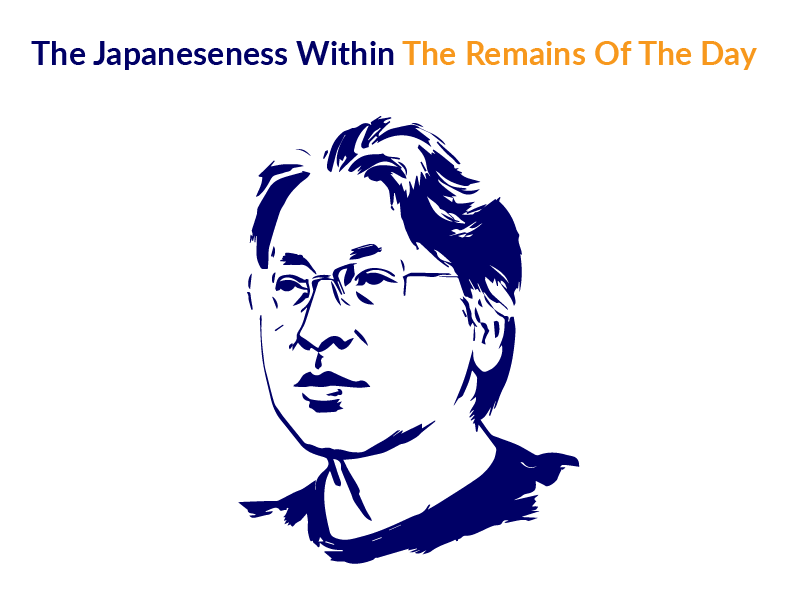
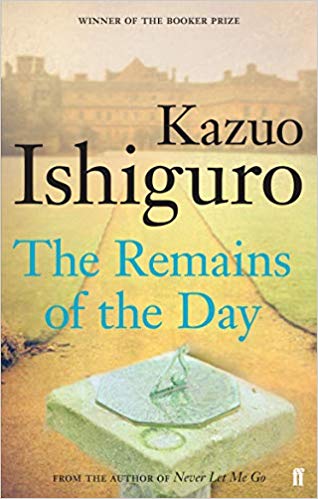


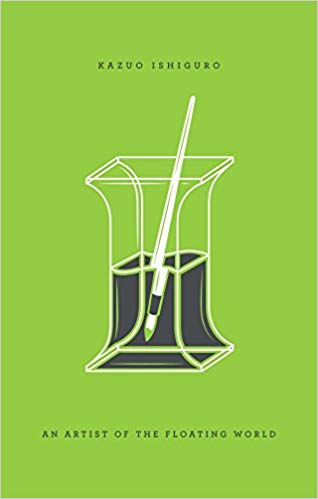
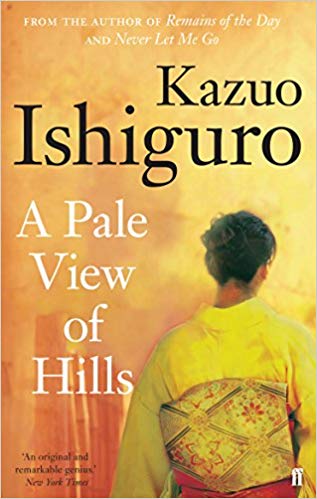
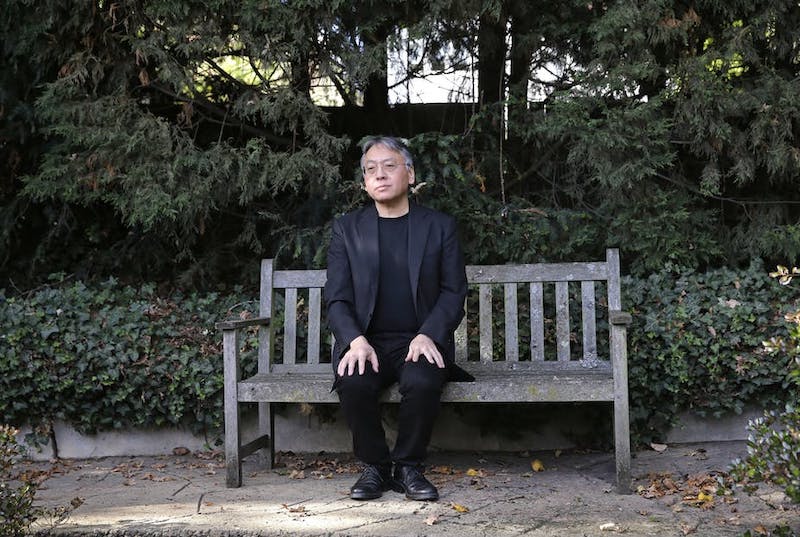

Check your inbox to confirm your subscription
We hate spam as much as you hate spoilers!